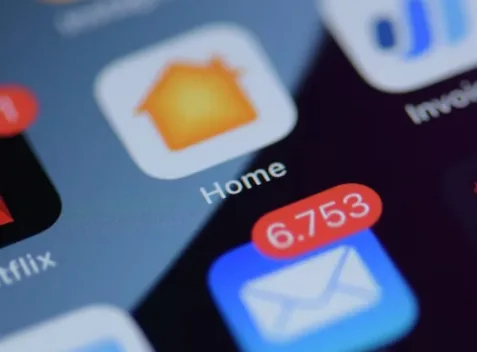Just about everyone carries a mobile phone these days and as a result, mobile marketing is the fastest-growing segment in the marketing industry. SMS marketing makes it easy for marketers to get a higher rate of deliverability than email messaging since there are currently no filters that block text message marketing, and the open rates are much higher as people often quickly read their incoming text messages.
Like email marketing, SMS marketing requires the recipient to opt-in before they can legally receive messages. This can pose a problem with email marketing because there are often complaints from recipients or email lists are bought and sold. Because recipients of text message marketing can be charged when they receive these messages, SMS marketing software has to have a better way of tracking who actually opts in to receive messages. That’s where short codes come in.

The code is common across all the different wireless carriers and is associated with the application that is using it. For example, when users vote on polls via text message, it doesn’t matter what carrier you are using, you still text your vote to whatever code is given at that time.
The same is true for SMS marketing. When people are told to text “updates” to 34523 for coupons, the SMS marketing software records this request and sends out coupons, or other marketing messages, to anyone who has sent this opt-in text. Opting out is just as simple.

